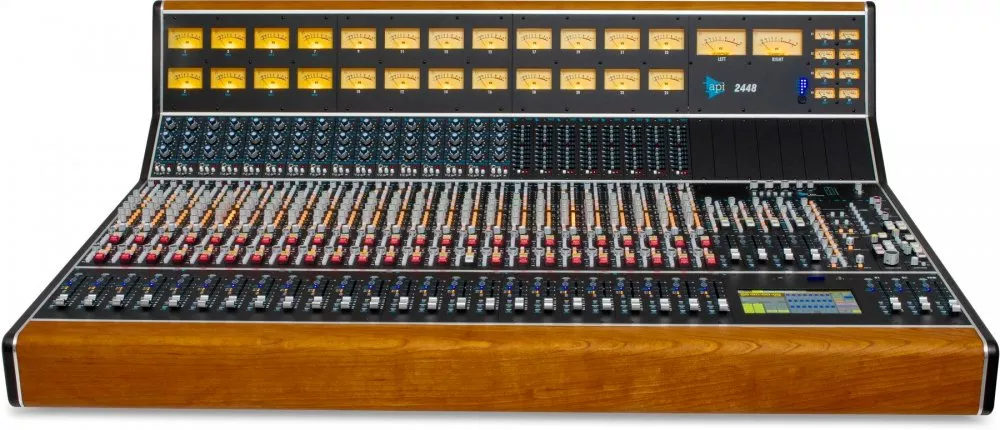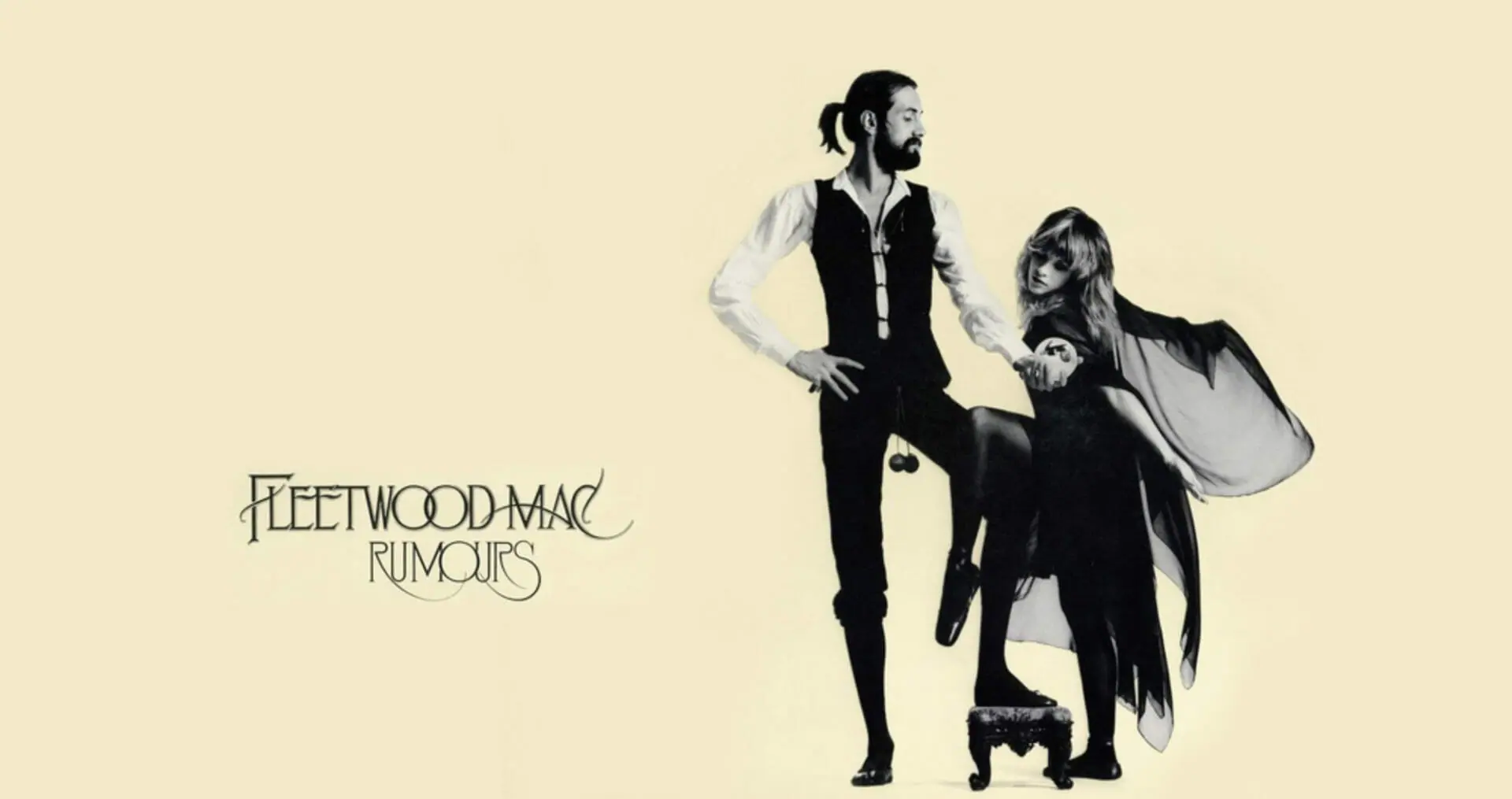The API sound and one of my favorite albums: Fleetwood Mac’s Rumours
Occasionally students ask me for my favorite sound references and which productions have impressed me most. I still owe my students a complete list but possibly my perfectionism keeps me back as it is not just about a list. It’s much more about the stories and particularities why I like a particular record. So you can take this probably as the beginning of a list.
This album is a great starter because “Rumours” by Fleetwood Mac is quiet on top of this list for many reasons.
It already became a favorite for me when I was 9 years old. My older sister came home from school with the vinyl of that record in her hands and played it. This was in 1977 and CDs were not around. I can’t remember how often it was played on the turntable but I have certainly listened to that album hundreds of times.
What impresses me most about it is the particular punchy sound in combination with the density of emotions condensed into wonderful songs. I have never heard another album in my life which could be compared to that special sound imprint. It’s a class on its own. It is as if some secret holy dust is weaved into it’s DNA. If you can, try to get hold of an early CD release from the early eighties. This album was one of the early adopters to the brand new CD format at that time thus it had just been transferred at that time from (I assume) the original master tape. Thus it has a few dB peak headroom and reflects the uncompromised beauty of the original vinyl release. At that time the world of digital mastering was so new that there was no loudness war due to the absence of good limiters and converters which could withstand the craziness which happened down the road. The initial CD version will give you the original unchanged flavor of the album and every remastering approach is a sin to the original great work in my opinion.
Just recently a student asked me in a Q&A session if I can tell what exactly would make the sound so special in my opinion. I was thinking for a moment of that sound which is well imprinted in my sonic memory and answered “well, I don’t know if API was around at that time, but it sounds like it was recorded with quite some saturation with API preamps.” I have never had the pleasure to work on an API console but I am well aware about the sound imprint of their pristine mic preamps.
I couldn’t go deeper at that moment because I had never looked into the history of that record. But the question had caught my eye and at the same night when I was back home I watched a documentary on the album production on YouTube.
And – et voilà – indeed it was recorded on an API desk. But here are some more very interesting aspects which had an additional impact on that sound. They had to fight with an overdamped live room during recording. Thus they have pulled up the highs like crazy as well as the preamps so that the faders would live at unusual low positions on the board and not around unity gain as usual. This has caused a vast amount of saturation which is a major part of the punchy sound in conjunction with very little room information (for that year of the recording). So if you want that flavor, go and rent a whole bunch of API preamps and record in an overdamped room.

But to be fair, the musical performance and the personal dramas of the musicians during the one year lasting recording time and the related soul and heart pain had spilled such a dense cocktail of emotions into the recording which is probably the more important part of the success of that album.
I have heard somebody saying that in today’s time the record company would have the band thrown out of the studio after two weeks. And this is unfortunately true and sad. If you look into the greatest albums in history, most of them took a very long time to be produced and the production budgets were in the range of factor 100 of today’s productions – not seldom in the seven figure range. Back then they sometimes pre-produced 100 songs to pick the best 12 for an album. And I still believe that really long lasting hit records require lots of love, passion, energy, possibilities to make things wrong and then better, time, and unfortunately budget. And it’s so great that we sometimes have the great pleasure at Mastering Academy to see in out coaching sessions our students really invest their heart into their productions and go down a long road with the outcome of really outstanding results. Let’s make great produced music survive!



